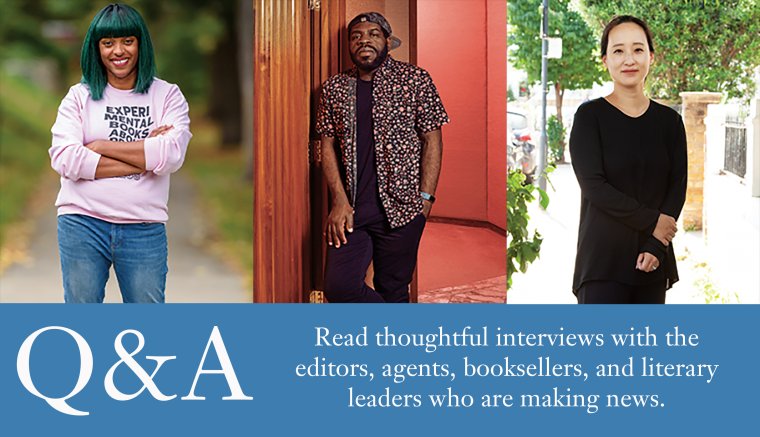In our Craft Capsules series, authors reveal the personal and particular ways they approach the art of writing. This is no. 142.

Story is one of the basic structural and meaning-bearing forms of language in human culture. Even lyric poems are often structured around story principles. Stories seem designed to tell us important things about ourselves as we live in and move through the world. They are also a deeply satisfying form of ordering for experience.
The most basic dynamic of stories is this: two centers of energy in tension with each other. With that in mind, it’s easy to create an intense narrative lyric. All you have to do is set up the centers of energy—two nouns or pronouns—and create tension between them with a strong verb. Then let it flow. For example: How about using the pronouns I and you in the opening of your poem, the start of your story?
I you...
Who is you? It doesn’t matter. It’s up to you who the you of your story is.
Now place a verb between the pronouns, one of your own choosing. Why not start with a strong one? Love or hate, detest or fear?
I (verb) you...
I love you, I hate you, I fear you, I detest you, I disgust you—with this verb “disgust” the energy reverses toward the speaker—I envy you, I bore you. Okay, we’ve started. We’ve created an emotional tension that the story needs to get going and will seek, finally, to resolve. Let’s add another word: because.
I (love/hate/fear/detest/envy/disgust) you because...
What happens next? How do you extend and explore this situation you have created with just a few words? It’s simple: Ask yourself, What happens next? Use verbs and nouns to move the story forward. Don’t judge yourself or think too much. Give yourself permission to let the words flow. This is story in its essential form: This happens; then that happens.
The only rule is to try to surprise yourself or your reader: Suspense and surprise are essential to the pleasure and fascination of story. Keep the language interesting, full of concrete details:
I hate you because
Of that day at the laundromat
I hate you because
You cut down that maple
Keep extending. If your imagination falters, and you can’t think of any new twists or elements, then stop. Keep the last good line and cross out the rest.
What you are likely to discover with this exercise is that the story—or many stories—are waiting for you to invite them out onto the page of your poem. A trigger sentence can start them off, and your own ingenuity can extend them forward. The emotion, concrete actions, and details you choose may lead you into charged memories, or charged imaginings that contain a “true” story of the I and you.
Gregory Orr is the author of thirteen poetry collections, including Selected Books of the Beloved (Copper Canyon Press, 2022). His prose books include A Primer for Poets and Readers of Poetry (Norton, 2018) and Poetry as Survival (University of Georgia Press, 2002). He has received fellowships from the Guggenheim Foundation and the National Endowment for the Arts and an Award in Literature from the American Academy of Arts and Letters. Professor Emeritus at the University of Virginia, Orr taught there from 1975–2019 and was founder and first director of its MFA Program in Writing.
Art: Liz Sanchez Vegas







